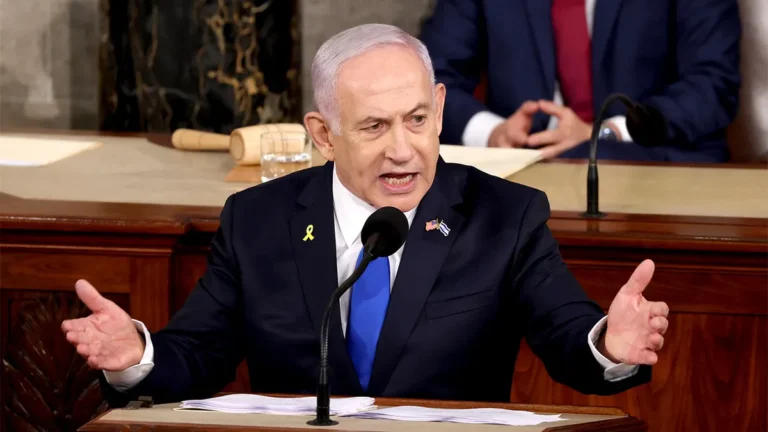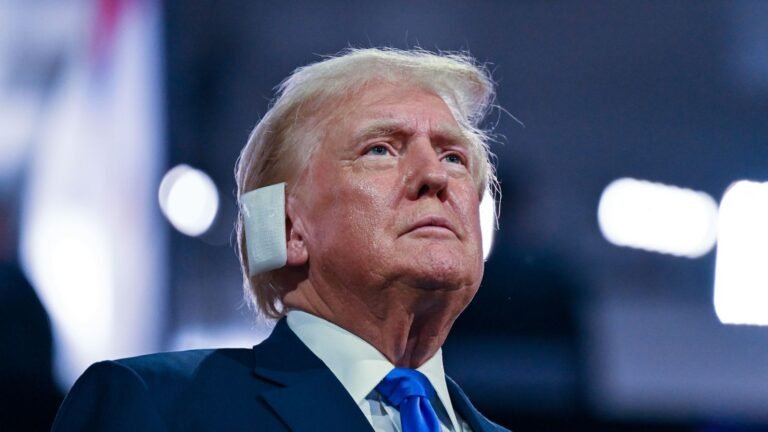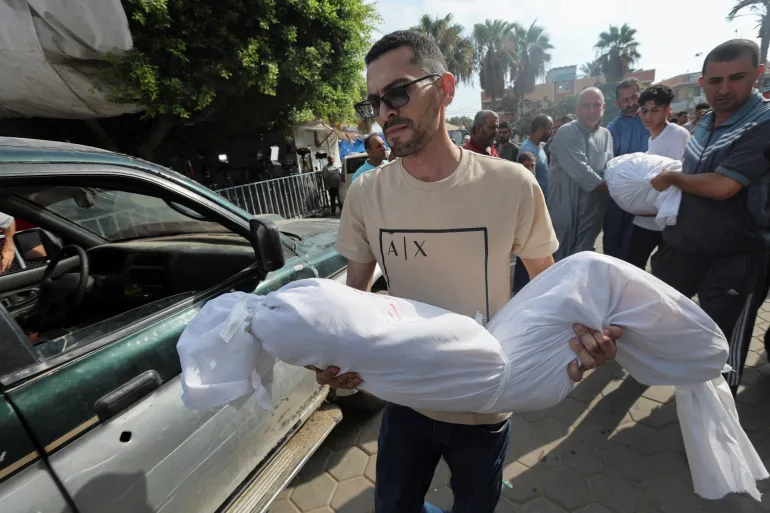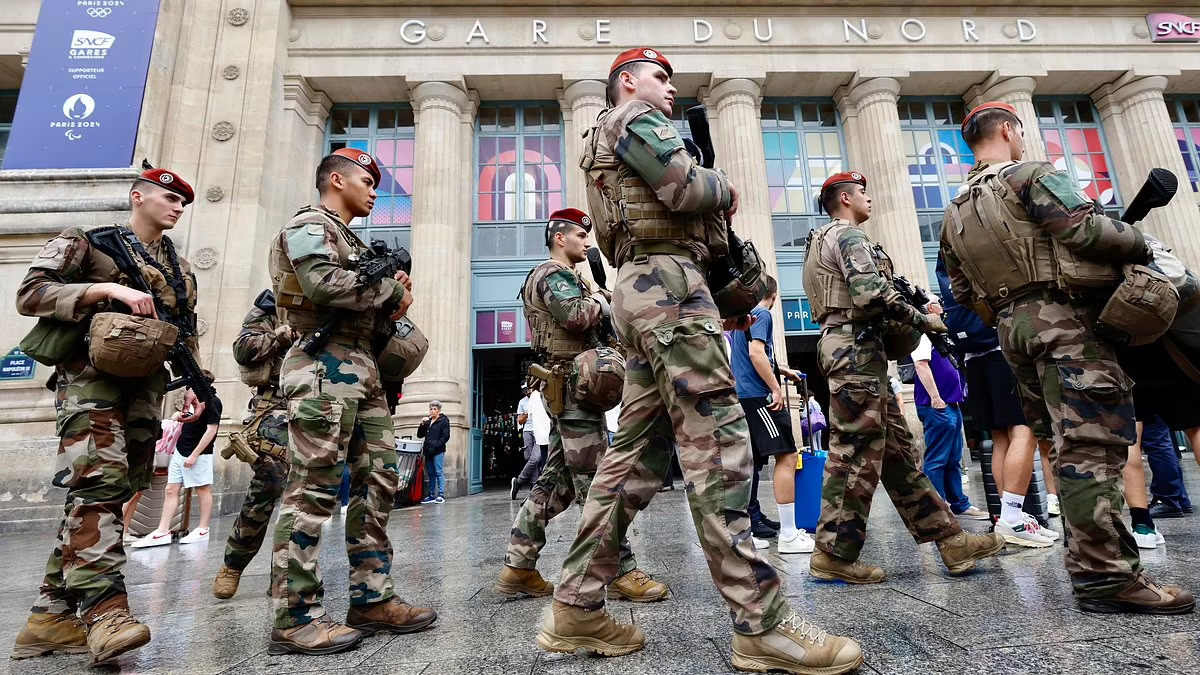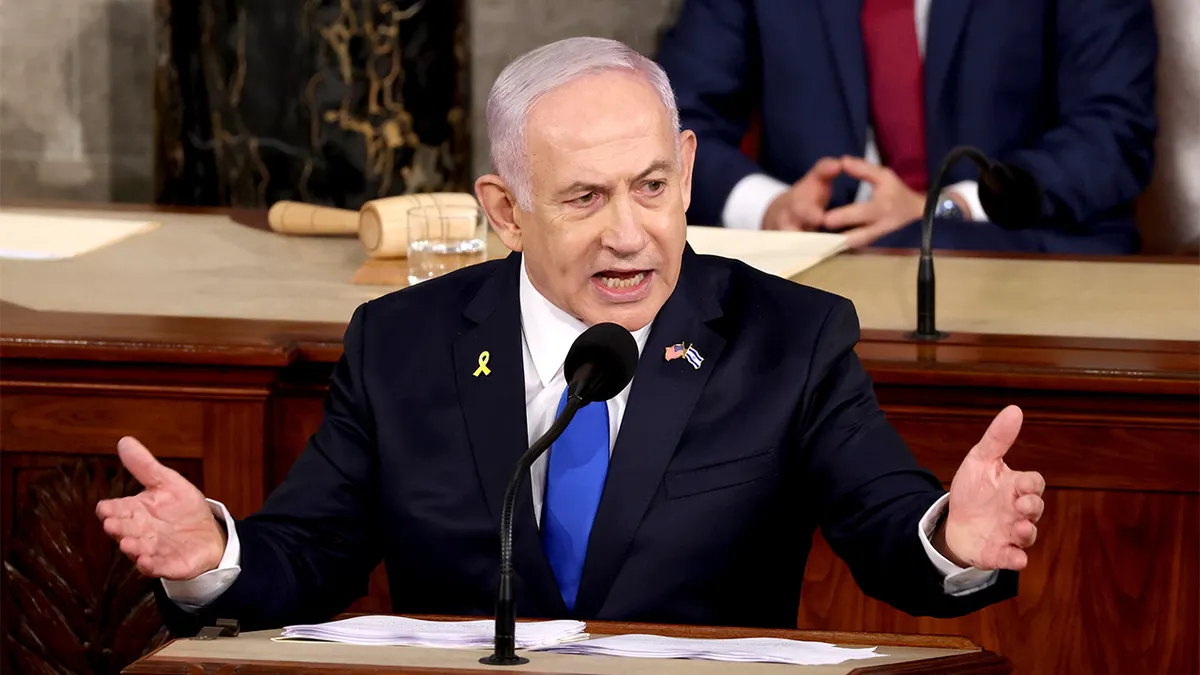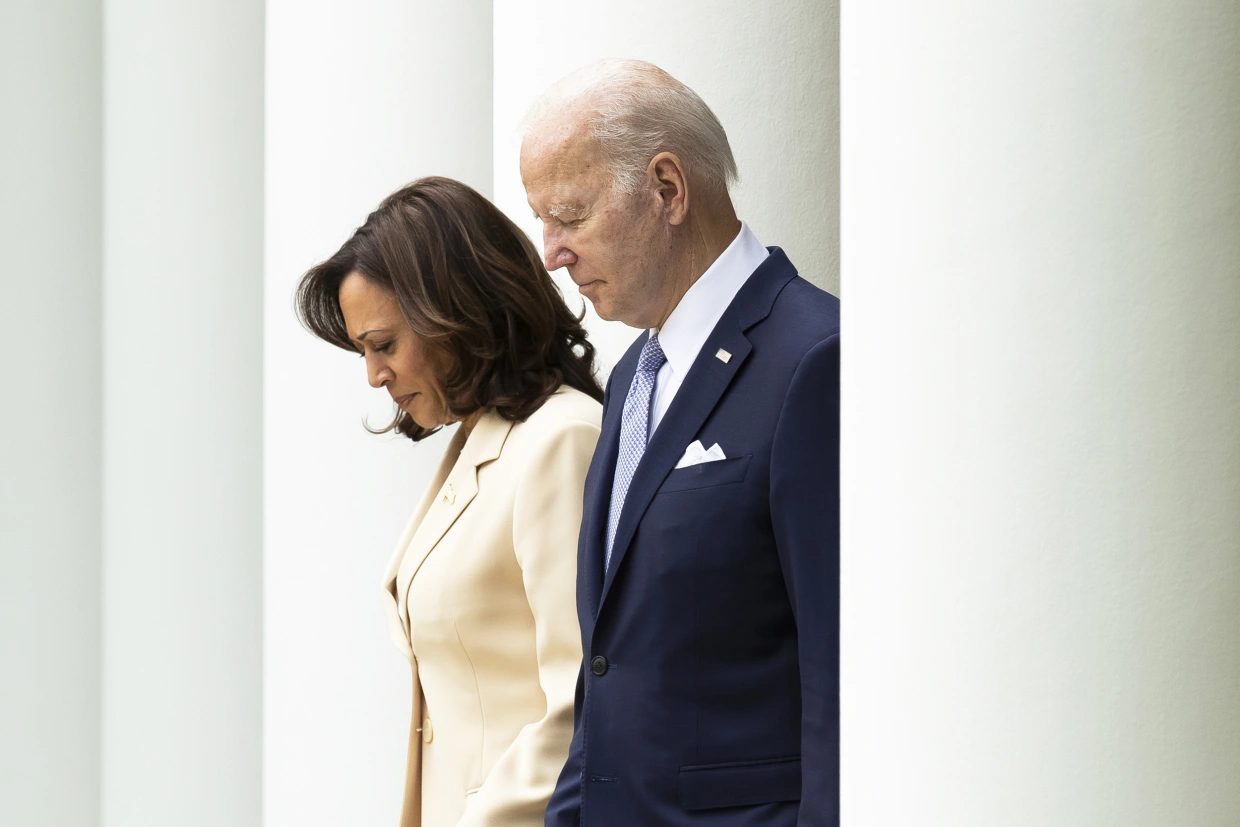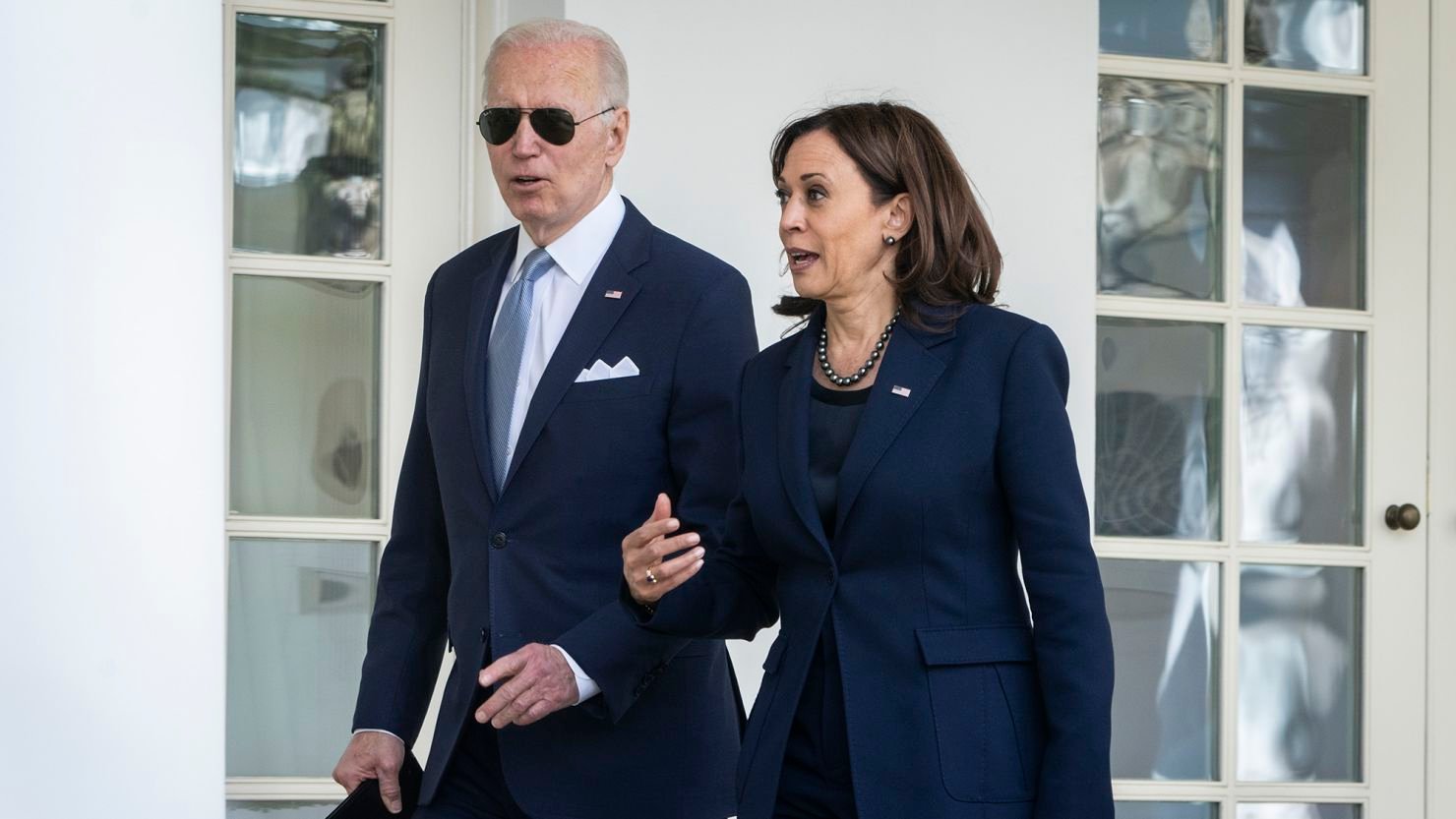
A recent Houthi drone strike on Tel Aviv marks a significant escalation in regional tensions, raising questions about the broader implications for Middle Eastern geopolitics and security.
A Houthi drone strike targeting Tel Aviv has underscored the increasing capabilities and reach of the Yemeni rebel group, heightening concerns about regional security. The attack, which resulted in limited damage but significant alarm, reflects the Houthis’ growing technological sophistication and willingness to target high-profile locations. It also signals potential shifts in the geopolitical landscape, with implications for Israel’s security strategy and its relations with neighboring countries and non-state actors.
Background and Details of the Attack
The Houthi rebels, officially known as Ansar Allah, have been engaged in a protracted conflict in Yemen, primarily against a coalition led by Saudi Arabia. In recent years, the group has expanded its drone and missile capabilities, targeting sites within Saudi Arabia and the UAE. The recent strike on Tel Aviv represents an alarming expansion of their reach, showcasing their ability to strike far beyond their immediate borders.
The attack involved several drones, some of which were intercepted by Israel’s Iron Dome defense system. Despite the interceptions, one drone managed to hit a civilian area, causing property damage but no casualties. The incident has sparked a flurry of activity within Israel’s defense and intelligence communities as they assess the implications of this new threat vector.
Significance and Implications
- Regional Security Dynamics: The attack underscores the growing threat posed by non-state actors equipped with advanced technology. It highlights the need for regional cooperation and robust defense mechanisms to counter such threats. Israel’s Iron Dome, while effective, faces new challenges as adversaries continue to innovate and enhance their offensive capabilities.
- Geopolitical Repercussions: The drone strike could influence Israel’s foreign policy and its relations with neighboring countries. It may prompt increased military cooperation with Gulf states, which have also been targeted by Houthi attacks. Additionally, it could lead to more aggressive actions against Houthi positions in Yemen, potentially drawing Israel deeper into the conflict.
- Technological and Tactical Evolution: The Houthis’ ability to conduct such a long-range attack indicates significant advancements in their drone technology. This raises concerns about the proliferation of similar technologies among other non-state actors in the region, which could lead to more frequent and sophisticated attacks.
- Impact on Civilian Populations: The psychological impact of the attack on Tel Aviv’s residents is significant. It serves as a reminder of the vulnerability of civilian areas to modern warfare tactics and the importance of continuous advancements in civil defense measures.
Future Considerations
As Israel reassesses its security strategies in light of this attack, several key areas will need attention:
- Enhanced Defense Systems: Continuous improvement and adaptation of defense systems like Iron Dome to counter evolving threats.
- Intelligence Sharing: Strengthening intelligence cooperation with regional and global allies to preemptively address emerging threats.
- Diplomatic Efforts: Engaging in diplomatic initiatives to address the root causes of the Houthi conflict and reduce regional tensions.
The Houthi drone strike on Tel Aviv is a stark reminder of the evolving nature of threats in the Middle East. It underscores the importance of adaptive security measures and regional cooperation to ensure stability and protect civilian lives.
For further details, you can read the full article on Al Jazeera.











